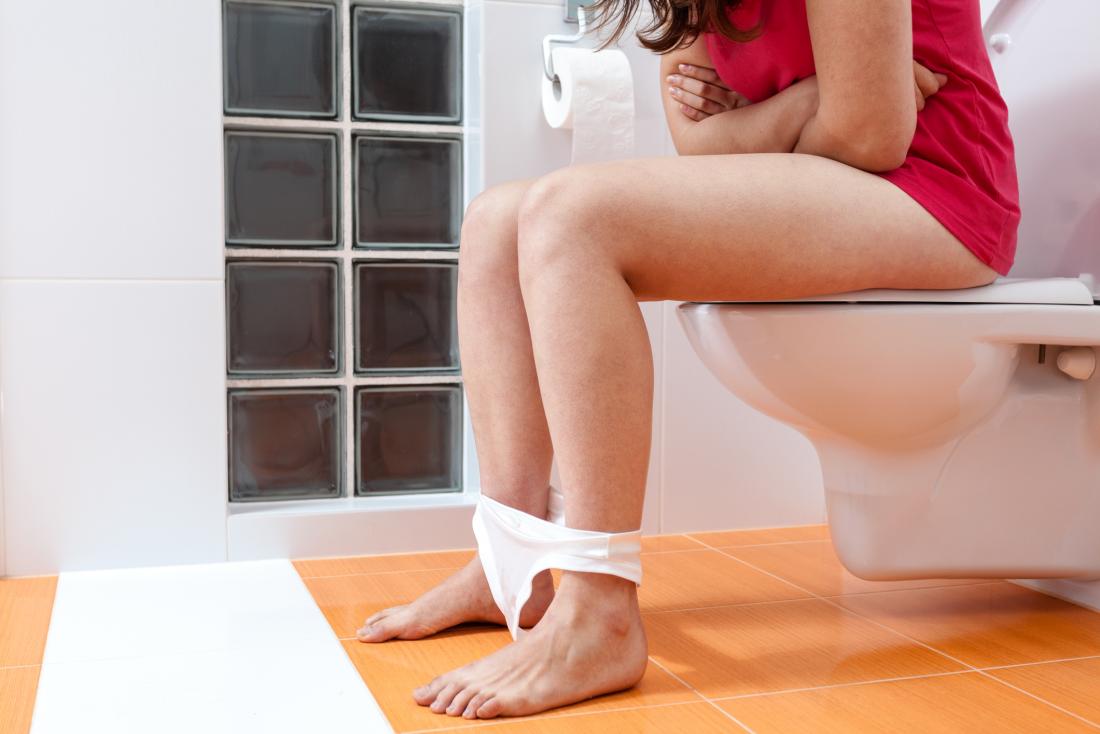
Which prescription or over-the-counter medications you’ve used to manage your pain.Relevant treatments or surgeries you’ve undergone.Previous urinary tract infections and issues.Your other medical conditions, such as diabetes or AIDS.Since painful urination may be the result of a more serious underlying condition, inform your doctor about your overall health and circumstances, including: Painful urination that persists longer than one day.Unfamiliar drainage from your penis or vagina.Call your Medex urologist in Queens when you experience symptoms that include: The pain you experience during urination can be chronic or intermittent. Recent urinary tract procedures or testing.Drugs that irritate the bladder, including some cancer medications.Certain personal hygiene products, including soaps, perfumes, douches, lubricants and scented toilet paper.Narrowing of the urethra, called an urethral stricture.Infections, besides UTIs and yeast infections, of your kidney, bladder, urethra and prostate.Sexually transmitted diseases ( STDs), including gonorrhea, genital herpes and chlamydia trachomatis.Foreign objects, such as kidney stones, bladder stones and ovarian cysts.Other conditions or circumstances that lead to painful urination include: Urinary tract infections (UTIs) are the most common source of painful urination in women. Some prostate conditions and urethritis cause men pain while urinating. Painful urination may have different causes in men and women. Some diseases, including diabetes, increase your risks for painful urination. If your family has a history or urinary problems, you’re more susceptible to an incidence of painful urination. Obesity puts pressure on your whole body, including your urinary tract. The older you get, the more likely you may be to experience painful urination. It’s natural that your body weakens as you age, and that includes your urinary tract. Men susceptible to kidney stones or prostate troubles are also at risk. Women experience painful urination more often than men, due to pregnancies, hormonal changes and anatomic differences.

There are some risks, however, that you can’t control.

Staying at an optimum weight for your height and build.Reducing or eliminating alcohol, caffeine and foods that are acidic from your diet.Eating a fiber-rich diet, which provides many healthful benefits.While you can’t always prevent the condition, reduce your risk by: More persistent cases require medical attention. Some cases of painful urination are temporary, resulting from something you ate or drank. Their expert urologists have successfully treated this condition in men and women. If you experience pain while urinating, visit the Medex Diagnostic and Treatment Center in Queens, NY. Often temporary, it can be persistent as well. Roughly three percent of adults over the age of 40 suffer from painful urination.

And although many of the people who suffer from this condition have the urge to urinate frequently, that’s not always the case. Affecting men and women of any age, it’s most common in women suffering from urinary tract infections. Painful urination, known by the medical term dysuria, describes the discomfort you experience when urinating. While the cause and treatment differ from men to women, an accurate diagnosis is available in Queens, NY at the Medex Diagnostic and Treatment Center. You don’t need to suffer the embarrassment or discomfort, whether or not it includes frequent urges to urinate or not. Often a symptom of an infection or an underlying medical issue, painful urination is a treatable condition.


 0 kommentar(er)
0 kommentar(er)
